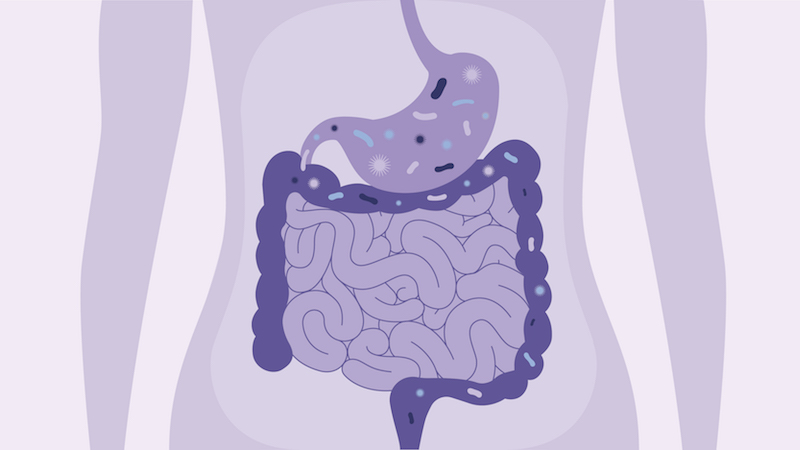Causes and Diagnoses
Causes and Diagnoses of Irritable Bowel Syndrome
Researchers have not identified a single cause of irritable bowel syndrome. In fact, there may be many causes, with each patient affected by a different set of conditions.
Common causes include:
- Stress: Stress can cause your colon to spasm or move uncontrollably
- Food triggers: Food sensitivities are highly individualized but do not represent true food allergies
- Gastroenteritis: This is called post-infectious IBS
- Heredity: Many patients report that family members have similar symptoms
Nowadays, it is fairly well established that brain–gut dysregulation plays a critical role in the onset and maintenance of IBS. Further, in an effort to control their symptoms, patients with IBS and other functional bowel disorders often engage in behaviors that actually make symptoms worse.
Diagnosing Irritable Bowel Syndrome
Diagnosing irritable bowel syndrome begins with a physical exam and health history. Testing should minimized unless the following alarm signs/symptoms are present: Onset at age >50, acute unexplainable changes in bowel habits, GI bleeding, unexplained weight loss, recurrent symptoms at nighttime, a family history of colon cancer, inflammatory bowel disease, or celiac. If these are NOT present then the following diagnostic testing should be considered and are based on the underlying subtype (constipation, diarrhea, or mixed).- IBS-C: Consider a few blood tests (thyroid and calcium levels). If you require colon cancer screening a colonoscopy should be completed. Otherwise, no further diagnostic tests are recommended and a trial of appropriate therapies for IBS-C is recommended.
- IBS-D: Consider blood testing for thyroid dysregulation and Celiac. If a colonoscopy is warranted biopsies should be obtained from the colon to test for another diarrheal disorder known as microscopic colitis. Obtaining an inflammatory marker from the blood (CRP) or stool (fecal calprotectin) may help differentiate IBS from IBD and eliminate the need for a colonoscopy. Testing the blood for bile acid malabsorption (C4) may be considered as well.
- IBS-M: Consider testing for Celiac, obtaining an inflammatory marker from the blood (CRP) or stool (fecal calprotectin) to help differentiate IBS from IBD, and ordering an abdominal X-ray to evaluate the amount of stool in the colon.



